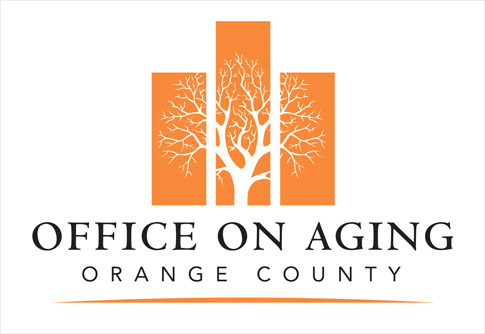Long-Term Care Ombudsman Program: Orange & Riverside County
Since 1976, Long-Term Care Ombudsman advocacy has been one of the founding initiatives of the Council on Aging – Southern California.
Our Long-Term Care Ombudsmen are advocates for residents of nursing homes, board and care homes, and assisted living facilities in Orange & Riverside counties. We are here to help you or your loved one.
The mission of the Long-Term Care (LTC) Ombudsman Program is to seek resolution of problems and advocate for the rights of residents of LTC facilities with the goal of ensuring their dignity, quality of life, and quality of care.
Residents Protected
Facilities Covered
Abuse Cases Investigated
Do you need immediate help?
Our Ombudsman services are free and confidential; we cover residents in Orange and Riverside County. Do you:
Call Us. We Can Help.
Ombudsmen are certified by the State of California to:
ADVOCATE
PROTECT
EDUCATE
What are Residents’ Rights?
Become an Advocate for Residents in Long-Term Care Facilities
The Long-Term Care (LTC) Ombudsman Program recruits and trains caring Volunteers to serve as advocates for seniors who are often alone and forgotten.
Volunteers must be over the age of eighteen, complete a written application, submit to a background check, TB test, complete 36 hours of training with an additional 10 hours of field training with a mentor and not have worked in a long-term care facility within the past year. Volunteers are certified by the State Ombudsman following completion of all required training and may request mileage reimbursement. Volunteers are asked to commit to one year with the program.
Through our state-certified comprehensive training, you will be prepared to protect and advocate for Orange and Riverside County’s long-term care residents. Volunteers are an integral part of this program.
We are in need of Ombudsmen who are bilingual in English, Spanish, Vietnamese, Korean, Farsi or Tagalog.
